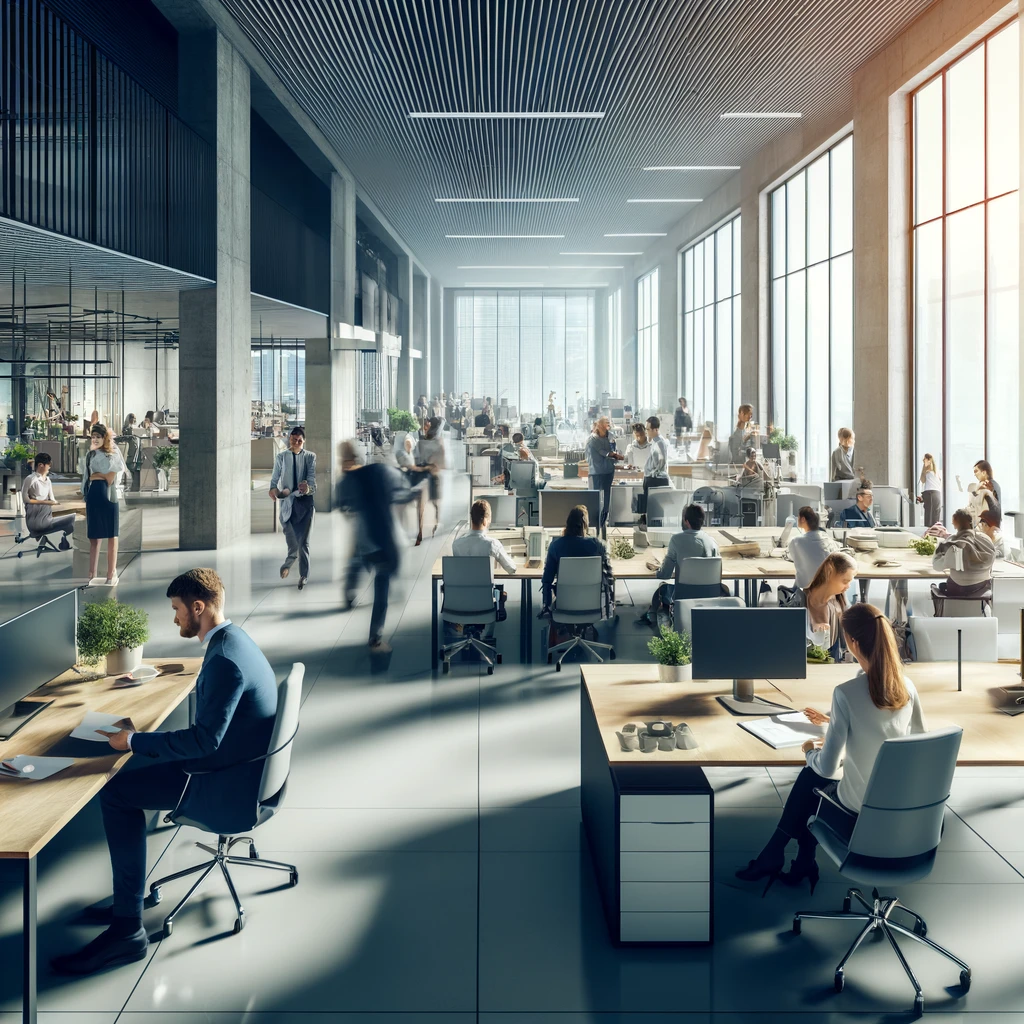Sustainable area management: Municipalities focus on strengthening city centers and clever site recycling

Less settlement and traffic areas – more sustainability. A publication by the German Association of Towns and Municipalities shows small and medium-sized municipalities completely new possibilities: Through intelligent area management, they can finally contribute more to nature conservation and environmental protection. The publication presents various projects and lots of practical tips that other municipalities can use as a guide.
Area optimization and future planning: Focus on small municipalities
In Germany, around 55 hectares of open space are converted into settlement and transportation areas – every day. However, reducing land consumption is one of the key challenges to saving resources and developing cities sustainably.
Implementing these plans – which are also strongly desired by the German government – is not just a matter for large municipalities. This is shown in a publication by the German Association of Towns and Municipalities entitled “Cross-project monitoring of the funding priority Research for the reduction of land use and sustainable land management” – REFINA for short.
The publication presents specific examples, particularly from small municipalities, and emphasizes the strengthening of city and town centers as a main component of sustainable settlement development.
Using existing resources efficiently: Practical projects lead the way
A central focus of REFINA is on innovative area management. This primarily refers to three aspects:
- The increased use of brownfield sites
- Closing gaps between buildings
- Making optimum use of existing infrastructure
Addressing these points offers many advantages – including for the municipalities themselves, which can avoid high planning and investment costs.
Two projects are examples of how this can be done:
Project 1: Demand-oriented utilization cycle management
Bensheim, Darmstadt, Hamburg: An interdisciplinary research association is working with these and other cities on a set of tools for the cost-efficient development of residential districts from the 1950s to 1970s.
In addition to monitoring, surveys on migration motives and institutional analyses, the use cycle management toolkit also includes various neighborhood scenarios and a cost-benefit analysis. The aim is to enable preventive neighborhood renewal and to use modern forms of cooperation with property owners and neighborhood stakeholders.
Project 2: Guidelines for active inner-city development (HAI)
The development of inner-city building land potential and vacant properties in small and medium-sized municipalities often fails in practice due to a variety of obstacles: For example, there is often a lack of an overall view of the potential. The interests of property owners are also often unknown.
The project managers took various measures to get things moving here – as an example in the municipality in Pfullingen (Baden-Wuerttemberg) shows: Surveys, bilateral discussions, information and press events as well as building consultations helped to identify over 200 empty sites.
A pioneering community with less space
REFINA encourages municipalities to focus on inner-city potential. This not only enables the sensible use of existing areas, but also helps to avoid unnecessary land take. Municipal decision-makers play a particularly important role here by focusing on qualitative aspects and reconciling regional needs with sustainable development.
A sensible approach for municipalities is to take stock of public buildings: How much space is there and is it being used to its best capacity? In many cases, there are unused existing buildings. Public authorities could dispose of these premises and, for example, rent them out sustainably. Tools such as ReCoTech’s area planning and workplace booking are useful for revealing this potential: They analyse properties and optimize their layout using algorithms – while monitoring functions provide data on space utilization.
These articles might also interest you

Massive resistance: SAP introduces mandatory office attendance – despite internal criticism
The software group SAP is introducing a mandatory attendance requirement of three days a week in the office by the ...

How can workplace automation improve workplace booking?
Automated processes exist everywhere to simplify everyday tasks. Under the term workplace automation, this concept is gaining more and more ...

The digital workplace: Are on-premises or cloud booking systems better?
Companies that embrace hybrid work rely on technologies for workspace booking. The booking software depends on internal company data – ...

